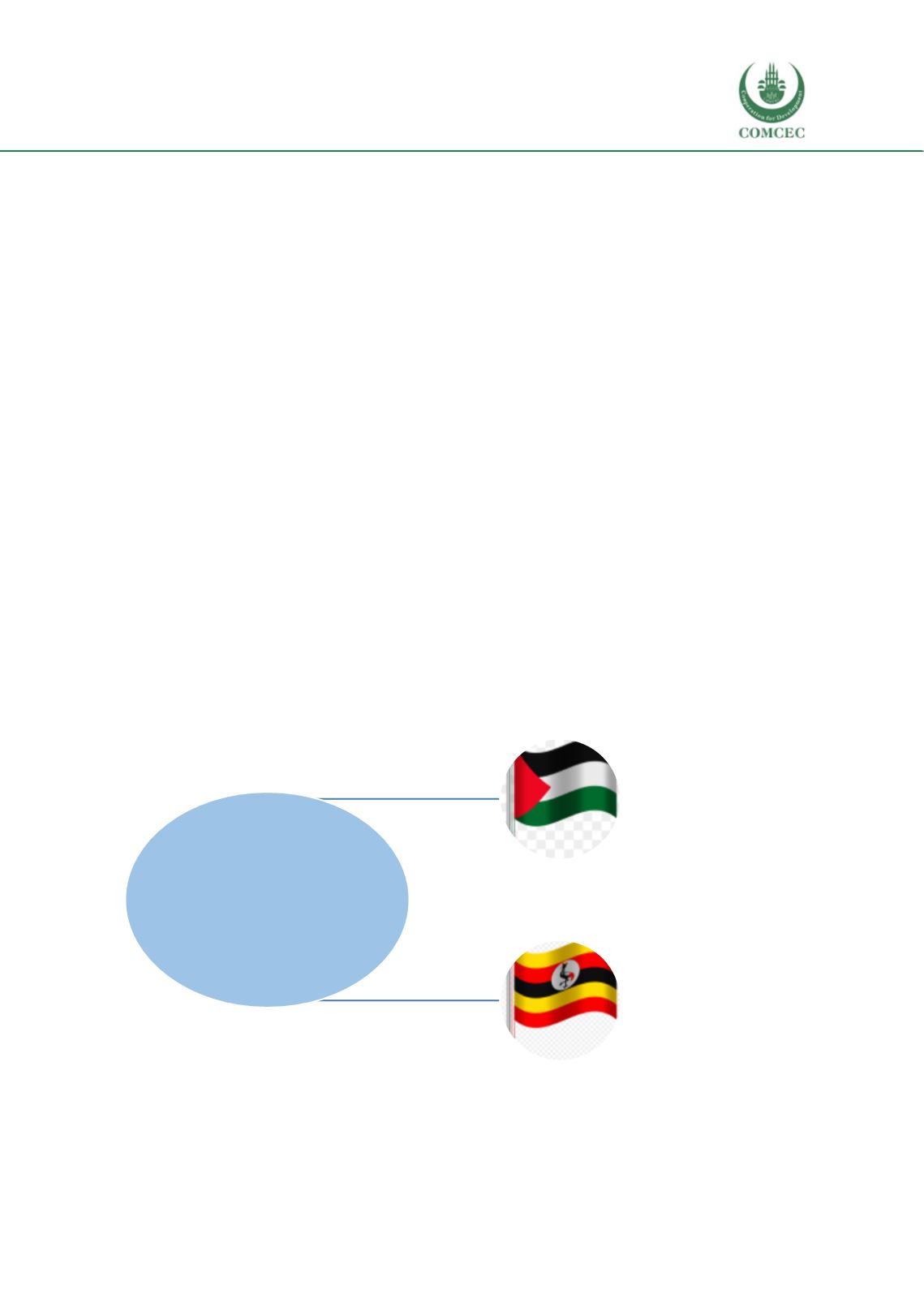

Skills Development: Vocational Education
in the Islamic Countries
167
E. Poverty Reduction via Job creations
1.
More jobs should be created forskilled people
. The government, public sectors and donor
agencies should come forward tocreate jobs for skilled people. The interviewdata revealed that
100% skilled workers are not getting jobs immediately, although most of them later got
employment. In order to ensure their employment, the Ministry of Industry should work with
TVET sectors which will ease job placement and to ensure industrial attachment. In order to
support this recommendation the following citation is worthwhile:
If government will able to attach Ministry of Industry with skill development projects then
the job placement will be easier from now.
(P5)
The government should have an act
for the migrant worker, that is, if any citizen from
Bangladesh wants to migrate for foreign employment, he needs to be certified by technical
education board. If government can imply this rule for migrant worker then our remittance
will increase more. (P1, P5)
There are other recommendations which also need to be focused in this section:
In developing and under developed countries of OIC, adequate support in the form of
scholarship and free education needs to be available in order to increase poor
students’ enrolment in vocational education.
Stakeholders of TVET sectors should have initiatives to create jobs for skilled people.
Job placement cell or other form of body (council) should be established in OIC
member states to provide sufficient support to the skilled people for gaining
immediate jobs and for overseas employment
to earn foreign currency
.
These above recommendations will indeed help reducing poverty from OIC member states.
Figure 8.5 Poverty reduction through TVET
General Recommendation
1 - More Jobs should be created
for skilled graduates
2 - Provision of TVET
scholarships
3 - Support for foreign exchange
Palestine
I) - Small Funds for start-
up graduates
Uganda
I) - Empower workers to
work in remote areas
II) Provision of
appropriate specific skills
III) - provision of
equipment in remote
areas
IV) setting up companies
in remote areas
















